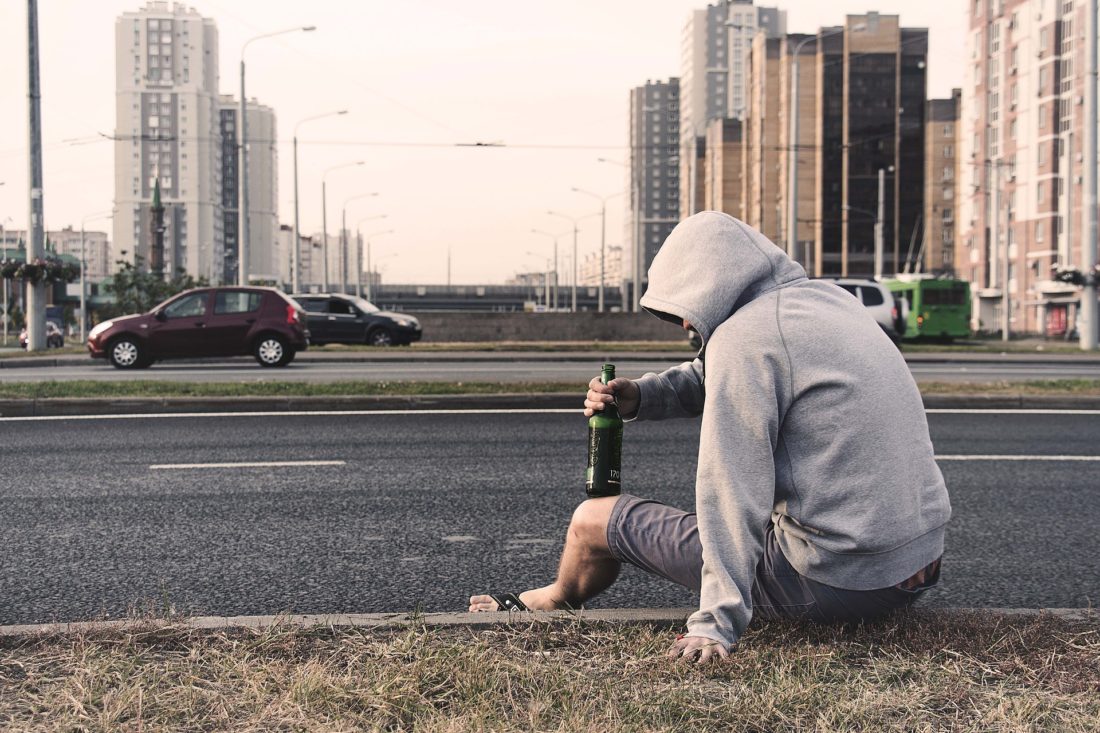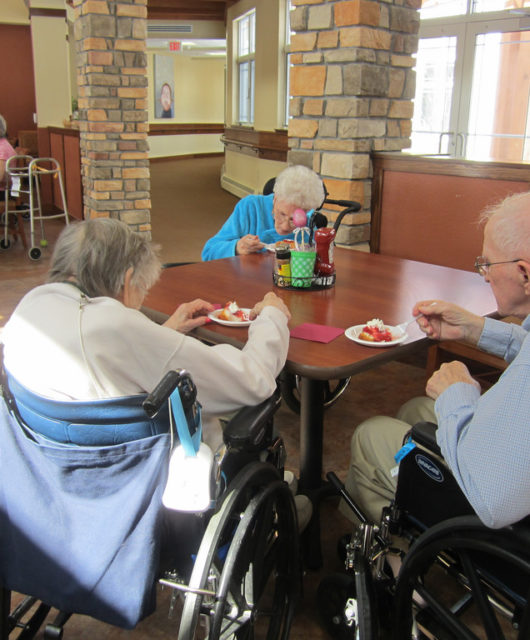How to Help a Loved One with Their Addiction
If you know someone close to you who is struggling with an addiction, you might be wondering how you can help. With the help of someone close to them, a person with an addiction will find it much easier to overcome, so it’s vital you do as much as you can to support them. Everyone is unique, and the situation they find themselves in is also going to vary, but there are some general tips that will help. The following guide is going to offer advice on how to help someone with a substance use disorder.
They Have to Trust You
The first and most important step is to establish trust between you. It’s very easy to undermine a person’s trust by nagging, lecturing and criticizing. Calling your loved one names, yelling at them and exaggerating the problem is also very counterproductive. Likewise, engaging in addictive behaviors yourself can be seen as hypocritical. To help a person struggling with addiction, you have to let them know you want to help, but not control them.
The trust-building process is a two-way street, which means you also need to be able to trust your family member or friend. Don’t put up with their bad behavior and don’t try too hard to protect them from their own actions. A person will only change if they are aware of the consequences of their behavior. You should never enable their addiction.
Learn How to Communicate Effectively
When you communicate with your loved one, don’t tell them their addiction is a problem and they need to change. Remember when you were a teenager and your parents told you not to do something? How tempting was it to do the opposite of what they said? Just because a person is an adult, doesn’t mean it’s no longer attractive.
You have to get them to be open to thinking about change, rather than telling them what to do. Only then will they not feel threatened and be able to think about what they’re going to do.
Discuss Treatment
There are various treatments that can be offered. It could take the form of counseling, therapy, in-patient or out-patient treatment at a rehabilitation center. You can find out more about different types of treatment by visiting therecoveryvillage.com. By speaking to professionals, they can help you determine the addictiveness of the opioids they are on and whether a specific treatment is more effective.
Whatever type of treatment is available, you’ll be given the opportunity to support your loved one every step of their recovery journey. Be honest about your feelings, the outcome you’re expecting, and don’t be afraid to say what the addiction has been like for you. That doesn’t mean you have to blame, criticize or humiliate them.
The recovery road for a person struggling with an addiction, whether it’s alcohol, drugs, or opiates, is a long one. However, with someone by their side, they know they can trust it can be a much easier journey.










